After 24 hours of analysis, the US verified the Democratic People's Republic of Korea’s (DPRK) claim that the projectile it launched on Tuesday was an intercontinental ballistic missile (ICBM), the first of its kind by the state. It has provoked a wave of criticism.
The UN Security Council, currently chaired by China, is about to hold an emergency meeting on Wednesday. Requested by the US, South Korea and Japan, the meeting will begin at 3 p.m., according to an unnamed diplomat.
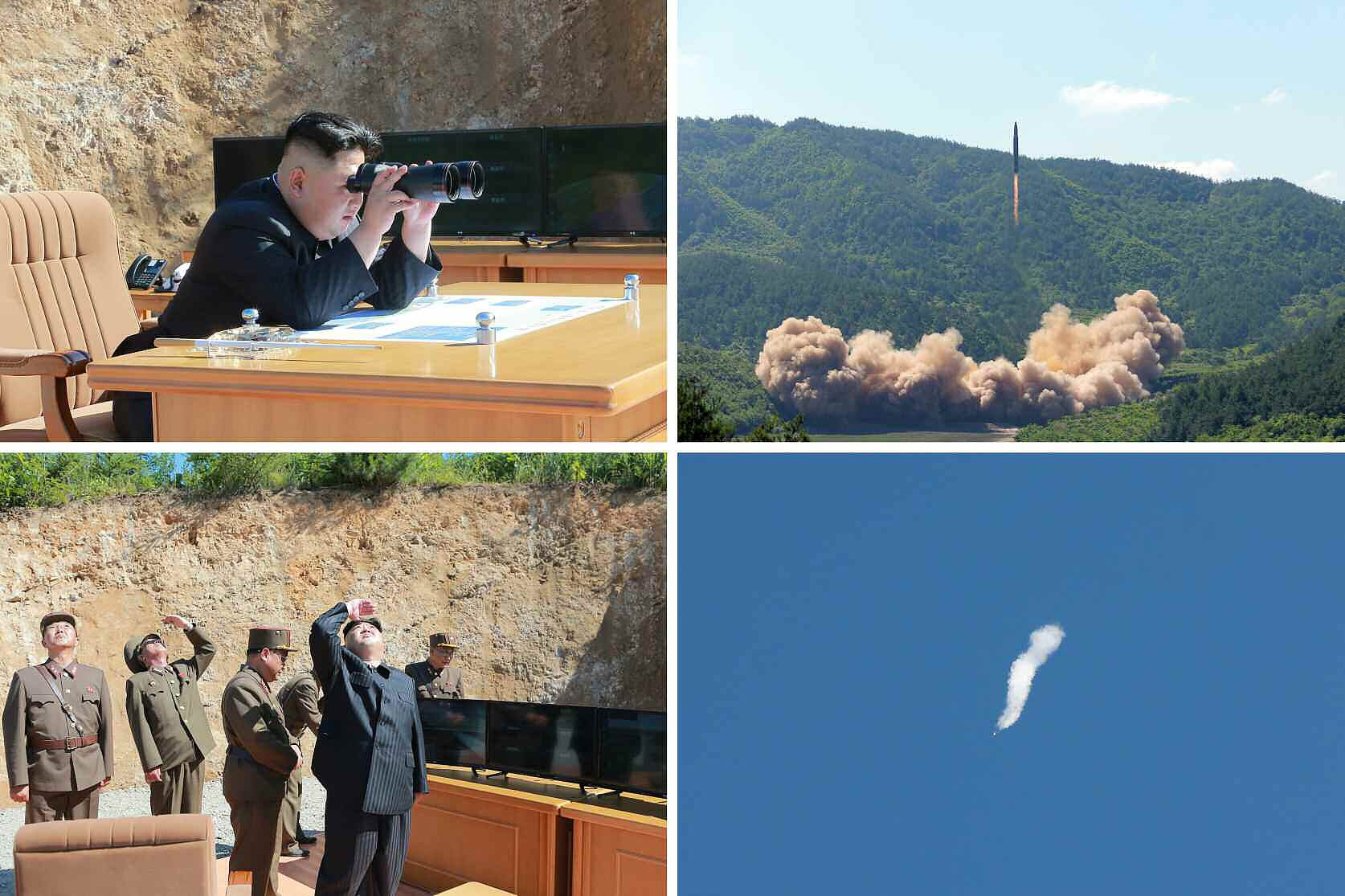
UN Secretary General Antonio Guterres condemned DPRK's missile launch, and called on the DPRK to take no further provocative actions and comply fully with its international obligations. Guterres also stressed the importance of having a united approach to addressing the DPRK crisis.
DPRK says its ICBM can carry nuclear warhead
The DPRK said on Wednesday that its newly developed ICBM could carry a large nuclear warhead.
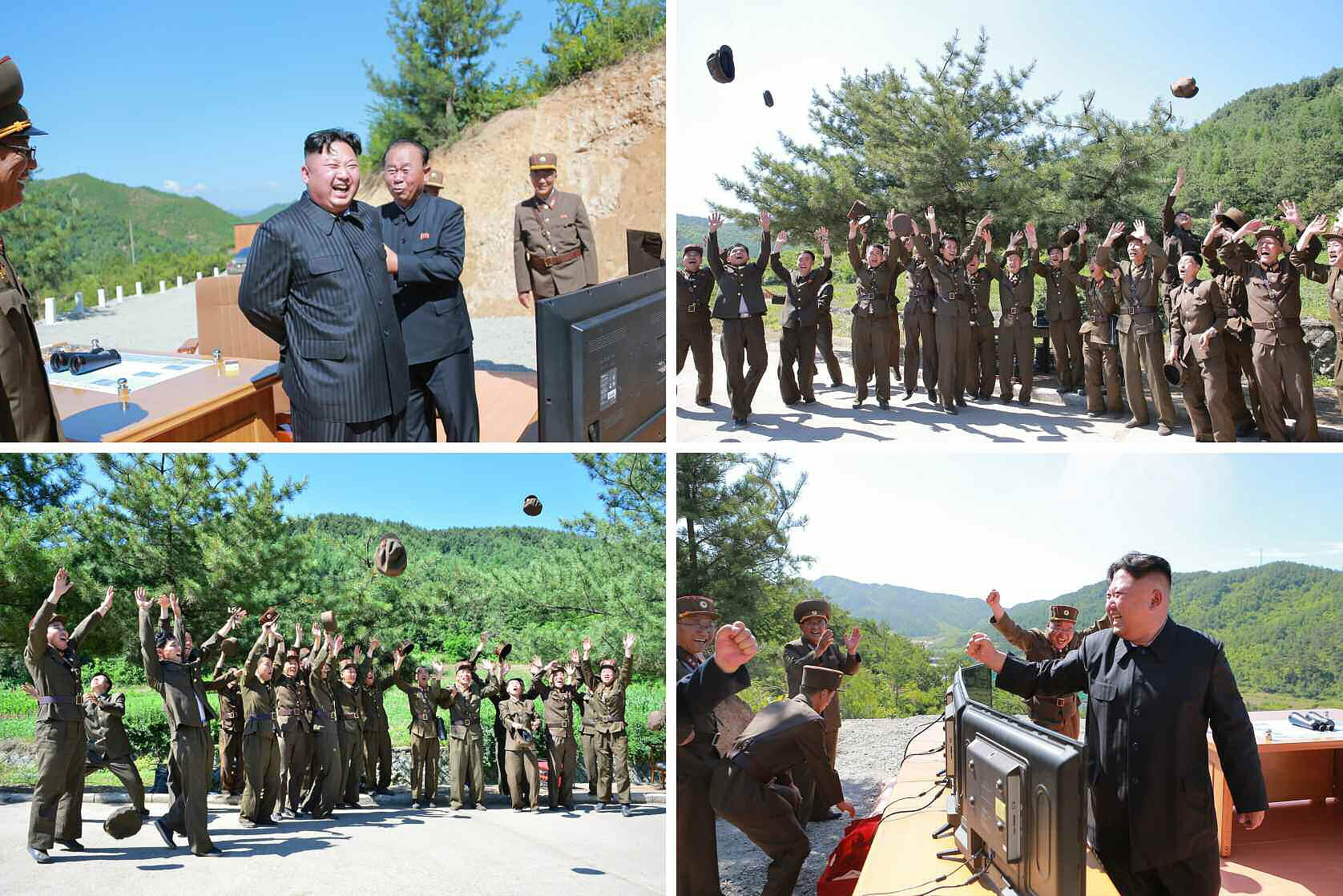
The DPRK claimed a successful intercontinental ballistic missile launch. /VCG Photo
In a statement carried by state media KCNA, DPRK leader Kim Jong Un said the successful test completed his country's strategic weapons capability including atomic and hydrogen bombs and ICBMs. Kim added that Pyongyang would only negotiate with the US to give up those weapons once Washington abandoned what he said were hostile policies against the DPRK.
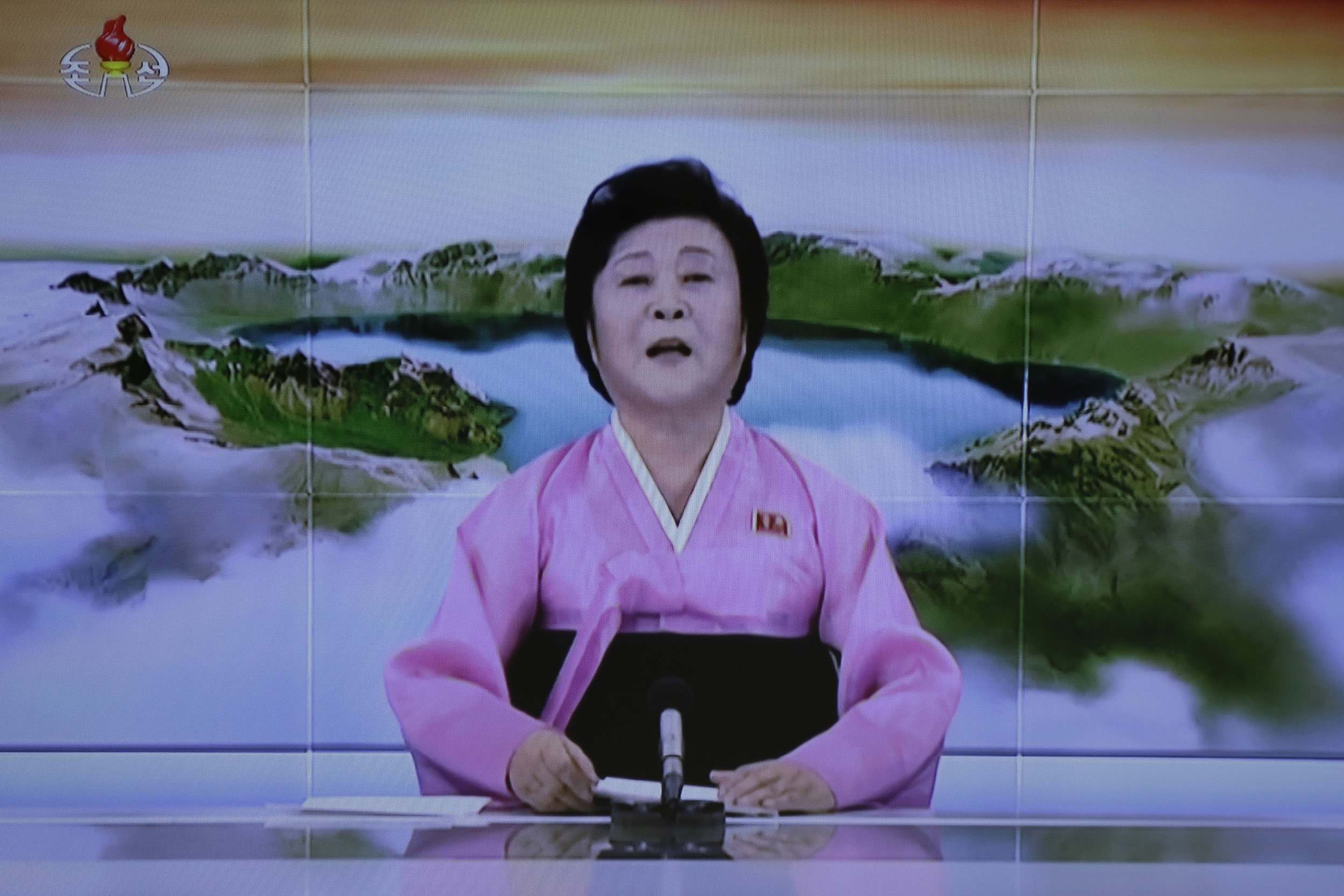
A presenter on DPRK's Korean Central Television announces the country has test-launched its first intercontinental ballistic missile. /VCG Photo
The DPRK called the missile Hwasong-14. It reached an altitude of about 2,800 kilometers and flew for about 40 minutes, traveling a total of 933 kilometers from its launch site before landing in waters off the coast of Japan.
China slams launch
China voiced its opposition to the launch, which it said is a violation of a United Nations Security Council (UNSC) resolution.
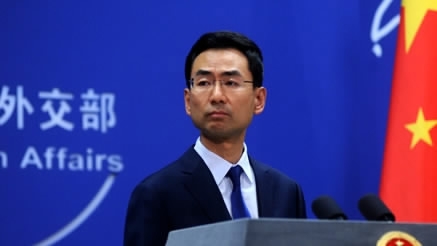
Chinese Foreign Ministry spokesman Geng Shuang speaks at a press conference in Beijing. /MOFA Photo
"China urges the DPRK to refrain from acts that violate UN Security Council resolutions so as to create necessary conditions for resuming dialogue and negotiation," Foreign Ministry spokesperson Geng Shuang said at a regular news briefing in Beijing.
Given the complex and sensitive situation on the Korean Peninsula, China hoped all sides could exercise calm and restraint to ease tensions there and return to the right path of peaceful dialogue, the spokesperson said.
US: Test is a new escalation of threat
According to the US analysis, the missile flew a steep trajectory, which ensured that traveled a relatively short distance. Analysts are still working to calculate how far the Hwasong-14 could travel if fired at a lower angle, but it does appear this missile could hit the US State of Alaska.
Earlier this week, Chinese President Xi Jinping called Trump and the two leaders reaffirmed their commitment to a denuclearized Korean Peninsula. Last week, the US president met with his South Korean counterpart Moon Jae-in and vowed to solve the DPRK issue.
US Secretary of State Rex Tillerson said the test, on the eve of the US Independence Day holiday, represented "a new escalation of the threat" against the US and its allies, and vowed stronger measures.
In a show of force after the test, US and South Korean troops fired missiles into waters off South Korea in a joint drill on Tuesday.
S. Korea: High possibility of sixth nuclear test by DPRK
South Korea's Defense Minister Han Min-koo noted there was "high" possibility of Pyongyang staging another nuclear test and that its capability to miniaturize a nuclear warhead has reached a "considerable" level.
"If the North Korean regime presses ahead with reckless provocations, it would face stern sanctions from the international community and, in the end, its self-destruction," Han told a session of the National Assembly's defense committee.
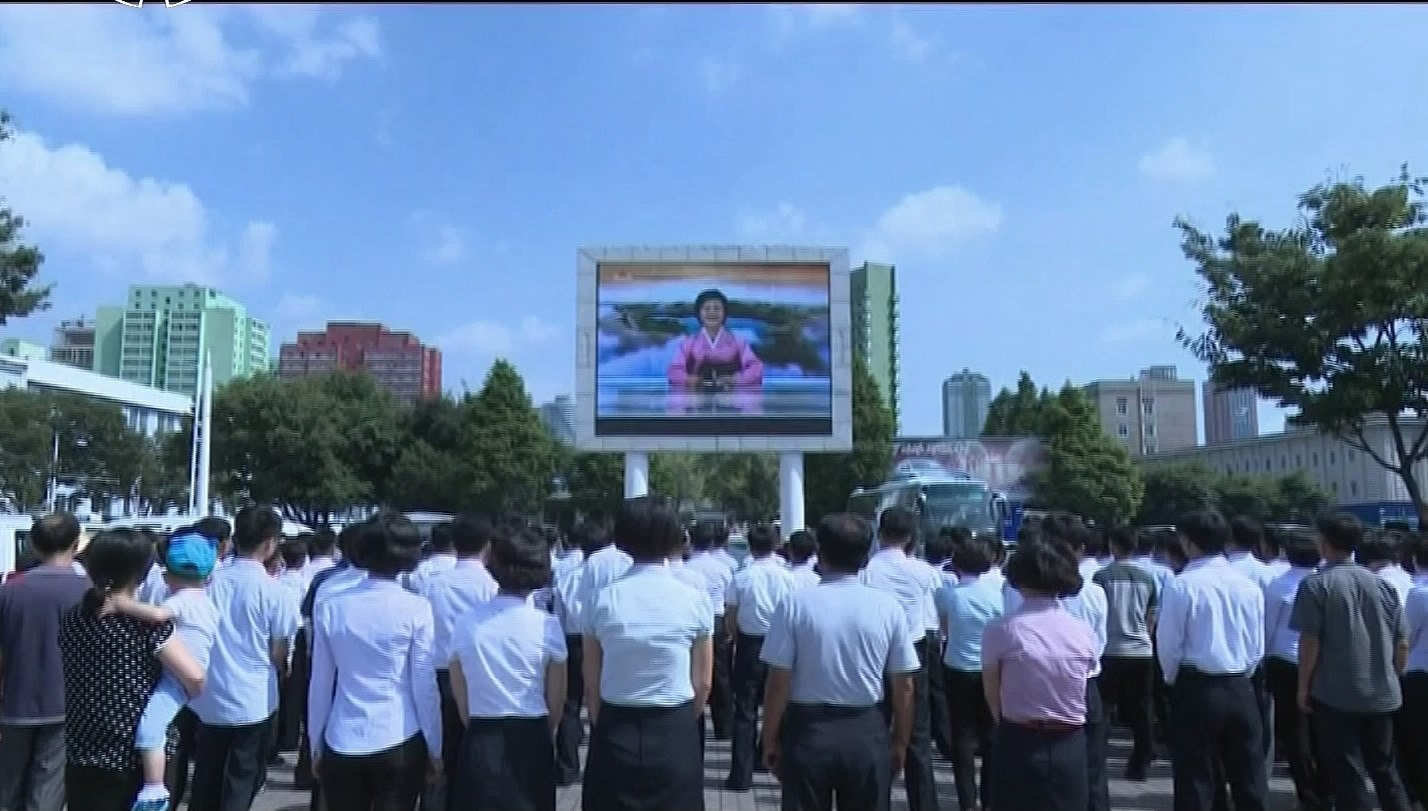
DPRK people watch an announcement on Korean Central Television that the country has test-launched its first intercontinental ballistic missile. /VCG Photo
Japan to call for coordination to respond to DPRK
Japan on Tuesday also condemned the launch as a provocative act and lodged a strong protest with Pyongyang through diplomatic channels.
"Japan has strongly protested against North Korea as we cannot accept its repeated acts of provocation," said Japanese Chief Cabinet Secretary Yoshihide Suga.
Prime Minister Shinzo Abe said he wanted to make use of world leaders gathering at the G20 summit in Hamburg later this week to appeal for coordination by the international community in responding to the DPRK.









